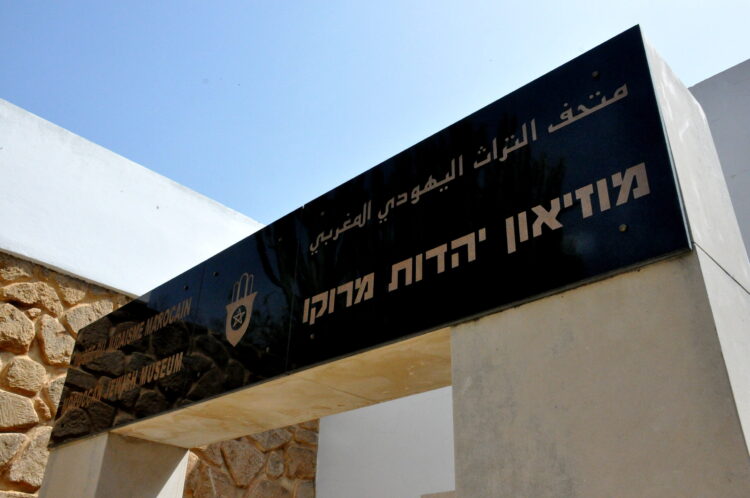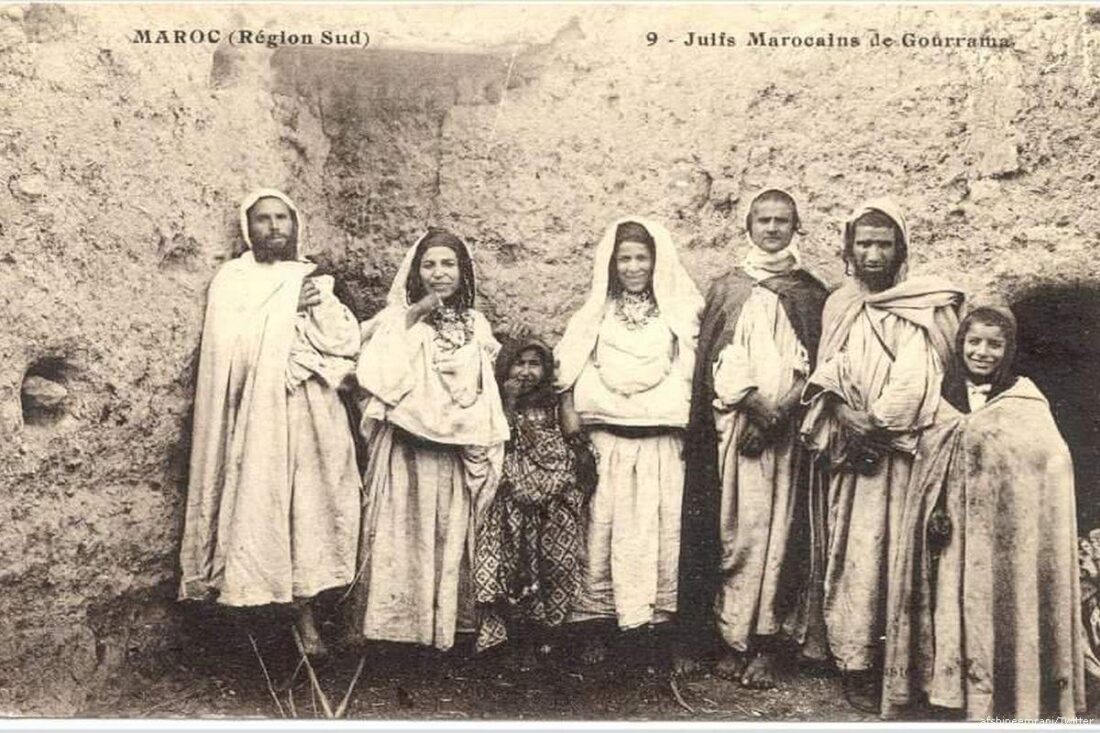Shortly before outgoing President Donald Trump tweeted that the United States had brokered a normalization of relations agreement between Israel and Morocco, the Moroccan Education Ministry issued a precedent-shattering announcement that was a fully in keeping with the spirit of Morocco’s historic rapprochement with Israel.
The director of the ministry’s academic programs department, Fouad Chafiqi, disclosed that Jewish history and culture soon will be included in the curriculum for children, aged eleven, in their final year of primary school.
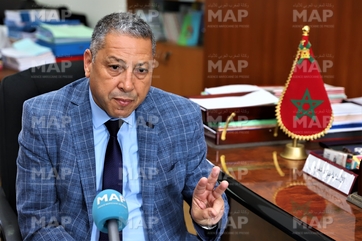
Morocco thus became the first Arab country since Israel’s birth to take this unprecedented step, according to Andre Azoulay, a member of the Jewish community and an adviser to King Mohammed VI.
Chafiqi explained it was taken to highlight Morocco’s “diverse identity.”
Morocco’s population of 35 million is composed mainly of Sunni Muslim Berbers, its original inhabitants, and Arabs. Africans, Europeans and a very small number of Jews live in Morocco as well. Throughout the centuries, Roman, French and Spanish colonists have decamped in Morocco.
The American Sephardi Federation and the Conference of Presidents of Major American Jewish Organizations worked collaboratively with Morocco and the Moroccan Jewish community on this groundbreaking project.
In a statement published on Twitter last month, the two groups described the reform of the Moroccan curriculum as “an inoculation against extremism.”
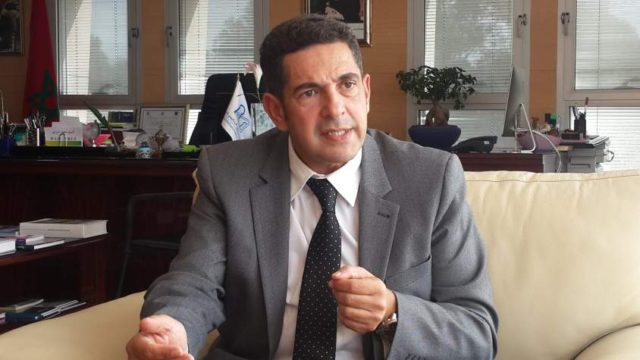
Moroccan Education Minister Said Amzazi said it is intended to promote the “values of tolerance, diversity and coexistence.”
The foreign minister of Morocco, Nasser Bourita, recently lauded its connection with Jews. “Morocco has an important history with the Jewish community, a history that is special in the Arab world,” he said.
Mohcine Jazouli, a Moroccan government minister, echoed this sentiment when he stated, “Judaism is embedded in Moroccan culture.”
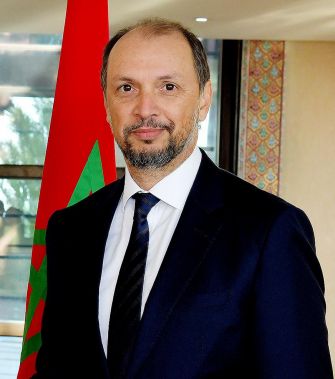
Until the late 1940s, Morocco was home to about 250,000 Jews. Today, there are upwards of 3,000. Jews have experienced acceptance and peaceful coexistence, but also intolerance, forced conversions and persecution. Conditions were dependent on the country’s ruler and the circumstances of the day.
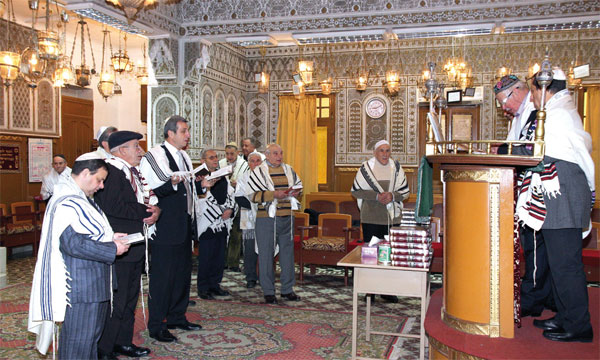
In the wake of Israel’s creation, the community, the largest in the Arab world, was incrementally depleted by waves of emigration. In general, poorer Moroccan Jews made aliyah to Israel, while the rest tended to resettle in France and Canada.
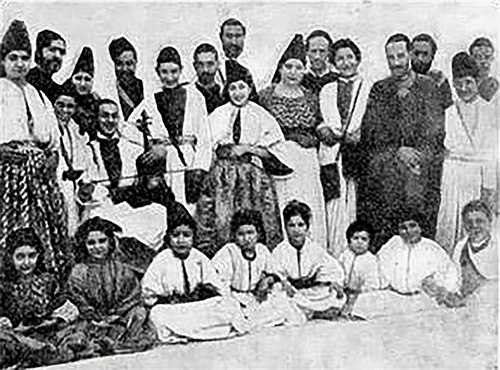
Jews left Morocco for at least two compelling reasons. Some felt an irresistible religious and cultural affinity with Israel. Still others were intimidated, if not traumatized, by Arab riots and pogroms that erupted after Israel’s emergence as an independent state.
Morocco was deeply invested in the Palestinian cause and complied with the Arab boycott of Israel. In 1974, at the Rabat conference, the Arab League officially recognized the PLO as the sole, legitimate representative of the Palestinians.
Morocco dispatched troops to Egypt during the Six Day War, but they arrived after hostilities ended. A Moroccan armored brigade fought alongside Syria on the Golan Heights during the Yom Kippur War.
Nonetheless, Morocco under the reign of King Hassan II forged a range of clandestine contacts with Israel. After the launch of the Oslo peace process in 1993, the Moroccan government permitted Israeli passport holders to enter Morocco on holidays and pilgrimages.
In 1994, Morocco and Israel established low-level diplomatic relations, which crumbled after the eruption of the second Palestinian uprising in 2000.
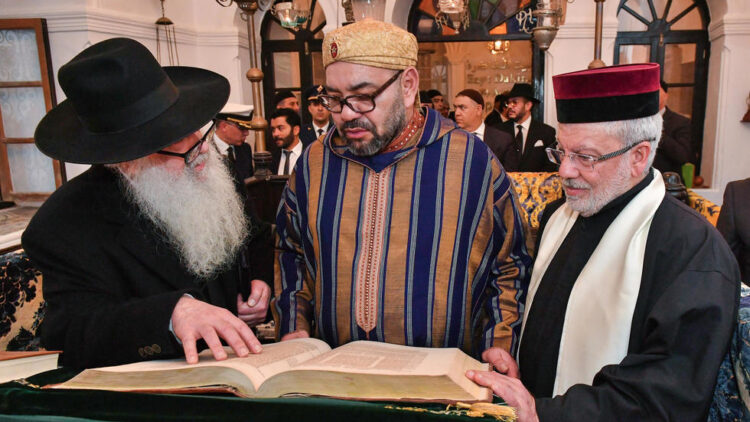
Despite these trials and tribulations, the Moroccan monarchy has been well-disposed toward the Jewish community. At a United Nations conference two years ago, King Mohammed VI delivered a speech in which he underscored the role of education in the fight against racism and antisemitism. By all accounts, he has been a consistent advocate of a tolerant Islam that ensures freedom of worship for Jews and foreign Christians.
In 2010, he announced that more than 160 Jewish burial sites throughout Morocco would be restored. Last year, Moroccan officials and Jewish community leaders attended a ceremony to mark the renovation of a Jewish cemetery in the coastal city of Al – Jadida, 80 miles south of Rabat, the capital of Morocco.
Last January, King Mohammed VI inaugurated the $1.5 million House of Memory, which celebrates the coexistence of Jews and Muslims in the port city of Essaouira and is dedicated to preserving and showcasing Jewish culture there. Largely funded by the Moroccan government, Bayt Dakira, as it is called in Arabic, houses a small synagogue, a museum, a research center and a space for cultural events.
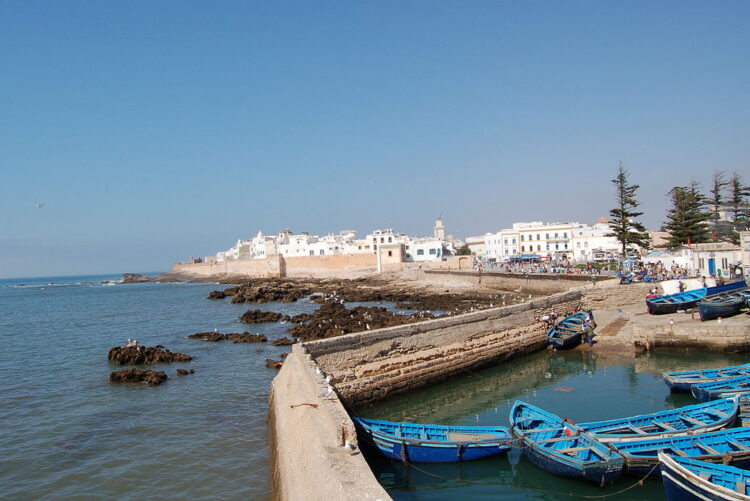
Casablanca’s Museum of Moroccan Judaism, opened in 1997 and rededicated in 2016, was the first of its kind in the Middle East. Zhor Rehihil, its curator, says that Morocco “has never erased its Jewish memory.”
Judging by the most recent events, this appears to be true.
